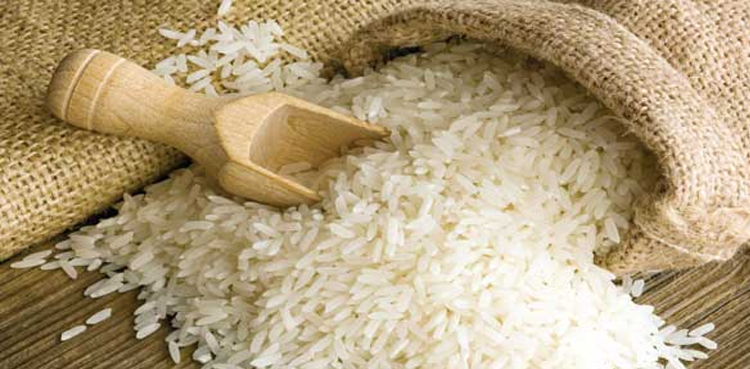India has lifted the floor price for basmati rice exports to aid struggling farmers and boost global sales. The decision comes just weeks before the new-season basmati crop is due to arrive, marking a significant shift in India’s rice export policy.
Ending the Minimum Export Price
Last year, the Indian government set a Minimum Export Price (MEP) of $1,200 per metric ton for basmati rice to regulate its exports. This was later reduced to $950 per ton. However, with increasing supplies and pressure from exporters, the government has now completely removed the MEP. This move aims to prevent farmers from holding large unsold stocks as the new crop season approaches.
Benefits to Farmers and the Export Market
Satish Goel, president of the All-India Rice Exporters’ Association, welcomed the decision, saying it would allow India to export basmati rice in greater volumes, ensuring better returns for farmers. Many farmers, burdened by high debts and rising input costs, have been calling for relief, particularly in light of falling incomes and increasing prices for fuel and fertilizers.
Global Competition and Market Impact
India, alongside Pakistan, is one of the world’s leading producers of basmati rice, a premium variety known for its fragrance and long grains. Both countries market basmati similarly to how French Champagne or Darjeeling tea is promoted—emphasizing its exclusivity and premium quality. While basmati rice is not widely consumed domestically in India, it is a highly sought-after export, particularly to countries like Iran, Iraq, Saudi Arabia, the UAE, and the United States.
Goel highlighted that many basmati varieties are priced around $700 per ton, making the removal of the MEP a logical step to regain global market share. With the MEP lifted, India hopes to regain its competitive edge and increase its basmati rice exports.
A Move to Ease Farmer Tensions
The Indian government’s recent decision to remove the MEP on basmati rice comes amid broader efforts to address farmer dissatisfaction. Prime Minister Narendra Modi’s government has faced criticism for its export restrictions on various agricultural products, which have angered rural constituencies. With state elections looming in Haryana and Maharashtra, political analysts believe this move is designed to placate farmers and restore confidence in the government’s handling of agricultural issues.
In addition to basmati rice, the government has also lifted the MEP on onions, further signaling its intent to ease export restrictions on farm goods.
Conclusion
By removing the floor price for basmati rice exports, India aims to increase its share in the global rice market while providing much-needed relief to farmers. As one of the world’s largest exporters of basmati rice, this move is expected to strengthen India’s presence in key international markets, helping to boost both exports and farmer incomes.






